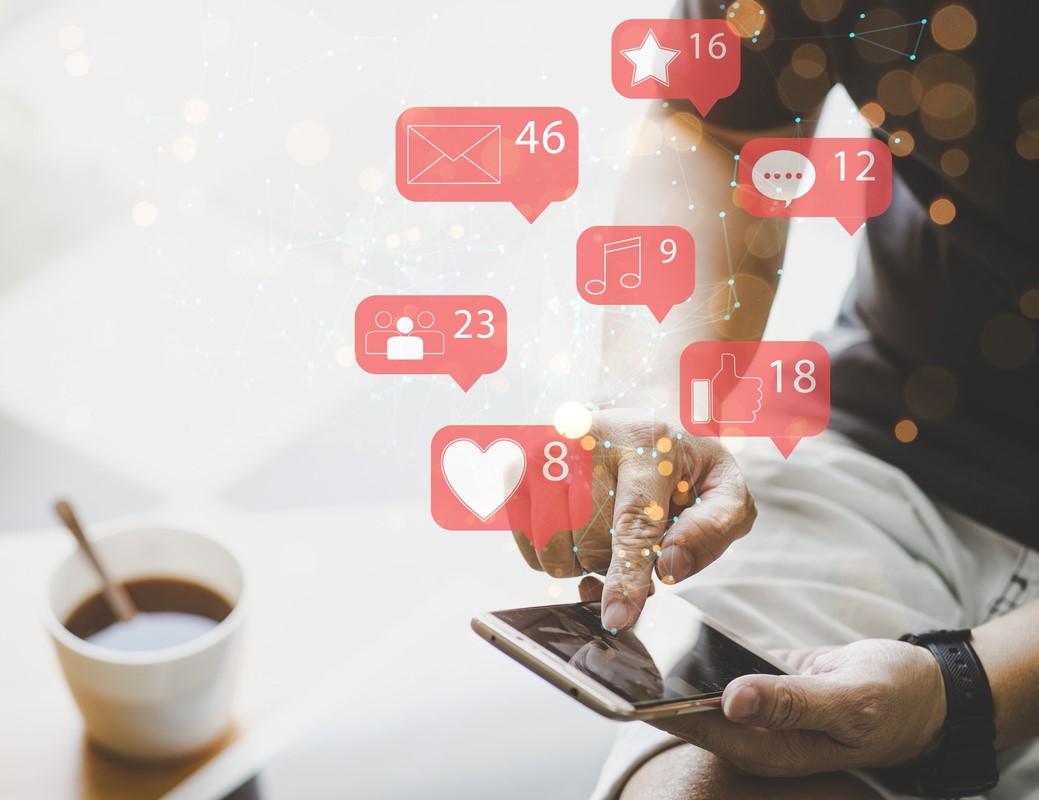It’s not news that social media is impacting our behavior. Researchers have long said that the changing landscape of the internet may also be changing how we engage with it and one another. I doubt there is anyone today who would dispute that modern iterations of the Internet entrenched in social media sites, ads, and algorithms are all too often negatively affecting our psychology.
Early on, there was some suggestion that the Internet and social media might be making us better at things like multi-tasking, comparative shopping, and interpersonal relationships and communications. This has been largely debunked, for example, with findings that constant multi-tasking actually makes people both less efficient and less proficient at their work. It simply leads to too many distractions. Chronic multitasking can even lead to the degradation of people’s ability to multitask at all.
Once the obvious negative impacts of social media became more common knowledge, the focus of how social media is impacting our behavior shifted to more complex associations with things like anxiety, depression, and anger. Studies have shown that people who don’t use social media regularly are happier than those who do. Use of social media can lead to envy, loneliness, and a fear of missing out (FOMO) – all of which can cause depressive symptoms and feelings of isolation. While there isn’t a clear causal relationship, there certainly seems to be a correlation between the time spent on social media and a person’s overall negative emotions.
Think about how often you’ve sat at your computer or with your phone in hand, endlessly scrolling through sites like Twitter, Facebook, Instagram or the plethora of news feeds. When you do so, you come across a multitude of different types of posts: swathes of bad news from all around the world, a picture of your best friend out having fun without you, or an influencer trying to sell you a new weight-loss product. Some of these may make you feel sad or lonely, and some may even spark outrage.
Unfortunately, people tend to dwell more on the things that make them feel a negative emotion. As a result, they also engage with these types of posts more. Writing rude comments or opening political debates can feel like a positive outlet for anger, but it also forces the hand of algorithms to push more controversial content to you, further feeding your anger or anxiety. The more a post is engaged with, the more it shows up in your feeds, creating a vicious cycle of grief.
Studies have also shown that when you’re “noticed” in some fashion on your social media accounts, dopamine is released in the brain. Dopamine has long been associated with pleasure, but it is also the driving force behind motivation. It’s the chemical in your brain that signals you to seek out more of what caused your dopamine to spike. While positive interactions garner the strongest reactions from your brain, negative attention can still earn similar reactions. Social media sites know this is the key to getting you to come back to them. It’s why they so strongly push you to turn on things like automatic notifications. We are attention-seeking creatures by nature, and social media uses it to its full advantage.
As I’ve said in the past, there is a very dark side to social media that many people acknowledge but very few do anything about. It is the basis for one of my novels, Dark Data: Control, Alt, Delete where I paint a fictional future in which social media becomes a tool for terrorists. It may be closer to the truth than you want to know.
Having laid out some of the basic of how social media influences our behavior, watch out for the upcoming part two of this series. We will be exploring how social media sites try to manipulate you through their built-in algorithms and your built-in brain chemistry – and how you can mitigate it. But for now, do yourself a favor. Log off. Put down the phone and turn it off at night. Never agree to notifications. Don’t open click bait that has headlines that seem to be of interest to you. It’s all algorithms mining and probing your privacy. Try and remember that there was a time when Facebook, Google, Twitter, Instagram, Tik Tok and more didn’t exist. We did fine. In fact, I’d say we all did better.
